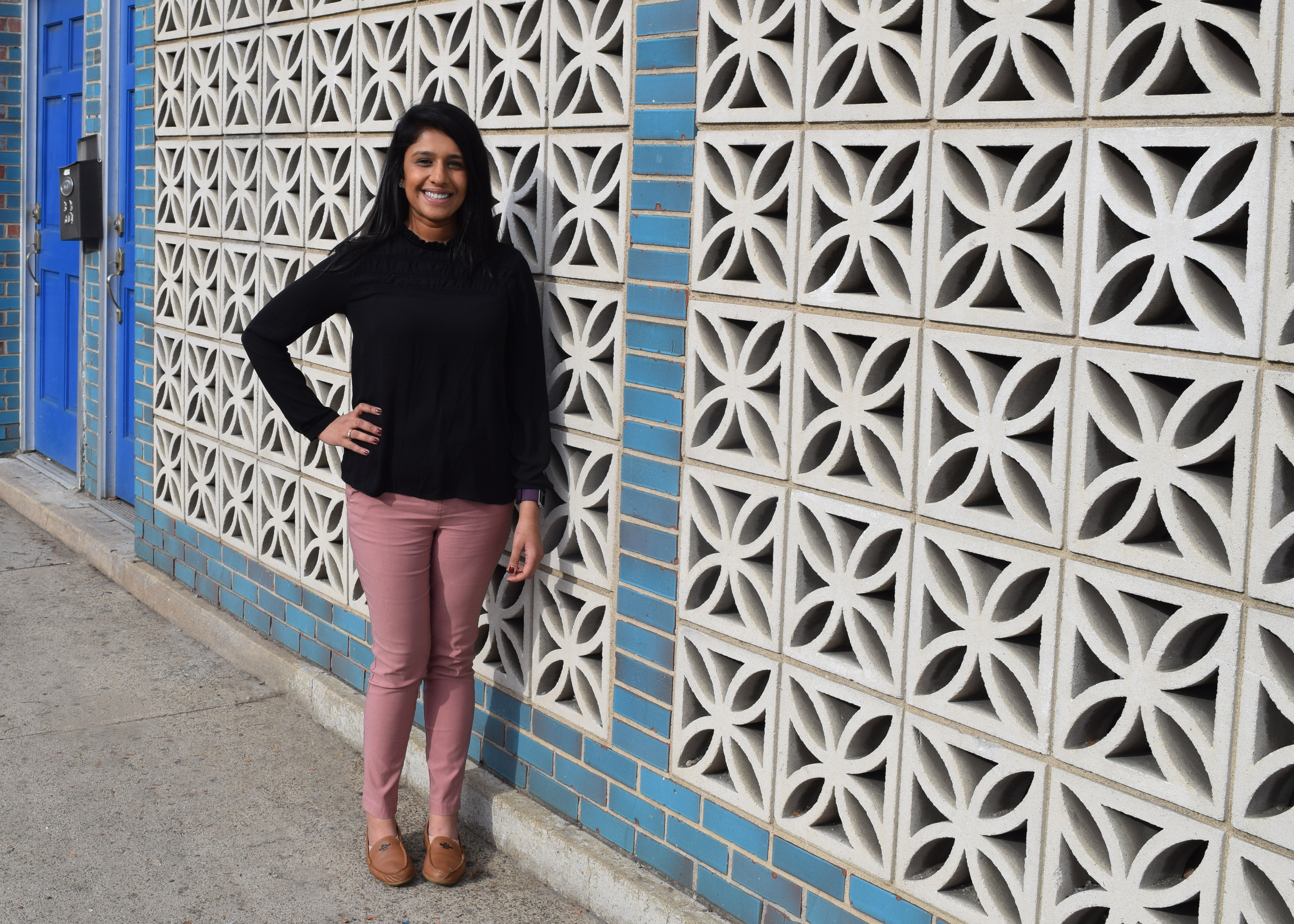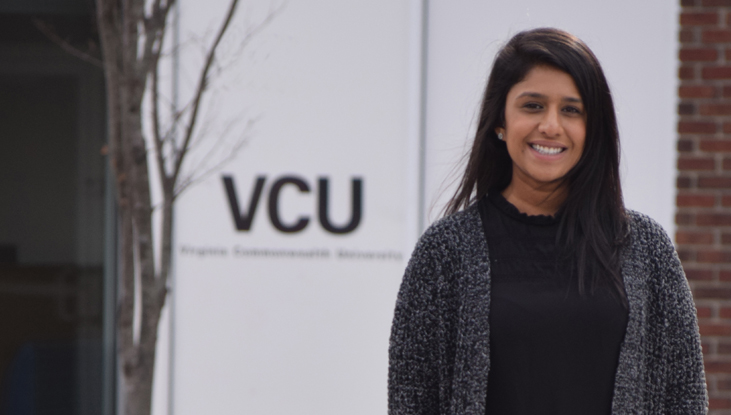“To really hear their stories...it makes an impact.”
By Jena K. Gray
Young Kripali Patel sits with her brother and father at their favorite ice-cream shop in Massachusetts, eagerly awaiting the chance to order the flavor of their choice. Anticipation builds as other happy families filter into the ice-cream shop after them. Seeing other children enjoying their ice-cream cones, the Patel siblings glance around excitedly. Soon, however, impatience and an uncomfortable realization begin to sink in. Kripali’s father stands up and leads their family out of the ice-cream shop.
This is one of the first memories where Kripali Patel, Pharm.D, tangibly felt the effects of racism. Why were other non-ethnic minority families who entered the ice-cream shop afterward served while Dr. Patel’s family, an ethnic-minority family, continued to wait?
Dr. Patel shares, “As a child of colored parents raised in Massachusetts and later in New Hampshire, I witnessed and felt racism around me but never had the opportunity to address the topic.”
Growing up in school, Dr. Patel was hesitant to embrace her Indian culture in the midst of the high pressures to fit in as a child. She remembers, “In fact, I hid away from my culture and was, at times, embarrassed or isolated because of it. As an adult today, I have embraced my culture because of my college experiences – however, I feel that no child should have to feel the way I did growing up.”

Her experiences as a youth have prompted Dr. Patel to speak out about the importance of early exposure for kids to different cultures. Dr. Patel encourages schools and parents to cultivate empathy and basic intercultural understanding within children at an early age to better equip them to navigate our increasingly multicultural environment.
Dr. Patel takes these lessons of open-mindedness and the importance of making fewer assumptions from her childhood experiences and transfers them to her current role at Virginia Commonwealth University (VCU) where she mentors 3rd year pharmacy doctoral students, instilling the value of cultural understanding within the healthcare field.
Kripali Patel, Pharm.D., is a post-graduate year 2 (PGY-2) pharmacy resident specializing in geriatrics at VCU within the Institute for Inclusion, Inquiry and Innovation (iCubed). Dr. Patel is involved in iCubed’s Health and Wellness in Aging Populations transdisciplinary core, which practices an interprofessional education and collaborative care model in order to provide enhanced overall health care within communities of indigent, older adults in Richmond, VA.
The PGY-2 residency program, where Dr. Patel is specializing in geriatric care, is one of fewer than twenty programs of its kind across the nation that provides enhanced clinical and teaching skills alongside a research and/or quality improvement project focused on the resident’s area of interest.
While Dr. Patel was still young, her paternal grandmother was diagnosed with diabetes and hypertension during her visit to America – conditions that have a high prevalence among Indian populations. Despite having the appropriately prescribed medication, no one at the hospital or pharmacy ensured her grandmother understood how to use the medication. This lack of counseling landed her in the intensive care unit for months. Due to a medication dosing error, Dr. Patel’s grandmother ultimately passed away.
“Her story became my motivation to become a medication expert so that I could play a role in educating and empowering patients in order to avoid such outcomes,” shares Dr. Patel.
Today, Dr. Patel oversees interdisciplinary student teams that participate through the Richmond Health and Wellness Program and she mentors them in the realm of medication adherence and quality improvement. The Richmond Health and Wellness Program (RHWP) is a community-based, care coordination program where older adult residents can meet with an interprofessional team of providers during weekly clinics to discuss ways to overcome barriers to health and well-being.
She explains, “I’ll share my experiences about not making assumptions and encourage [the students] to make personal connections. I remind them that these people have 50-70 years of experience that we, being younger, can learn from. We ought to be open to hearing their stories.”
Within RHWP’s community setting, care providers are permitted to enter into residents’ homes and have time to connect with and learn from their patients. They build relationships and unravel the “why” behind people’s health-related decisions.
.JPG)
“Some of these individuals have such a high burden of daily stress,” emphasizes Dr. Patel, “that they aren’t able to plan ahead and allocate medication appropriately…Maybe, for example, they have a fear of needles because they used to be a user.”
“It makes me wonder if those who are treating these individuals had the time to learn their stories,” postulates Dr. Patel, “would they have the same frustrations or questions as to why these individuals do what they do or why they aren’t complying with treatment?”
“To really hear their stories,” she says, “it makes an impact.”
Encouraging others to take a moment to connect authentically, to release assumptions and to take up a posture of openness is how Dr. Patel is training the newest generation of pharmacy practitioners.
About iCubed
iCubed at Virginia Commonwealth University (VCU) is a cutting edge institute focused on catalyzing collaborative connections between the university and the community at large through innovative academic and research programs. Our transdisciplinary core teams collaborate with key community members in order to develop holistic solutions to 21st century urban challenges within the Commonwealth. For more information about iCubed or to apply to one of the transdisciplinary core teams, please visit: icubed.vcu.edu.


